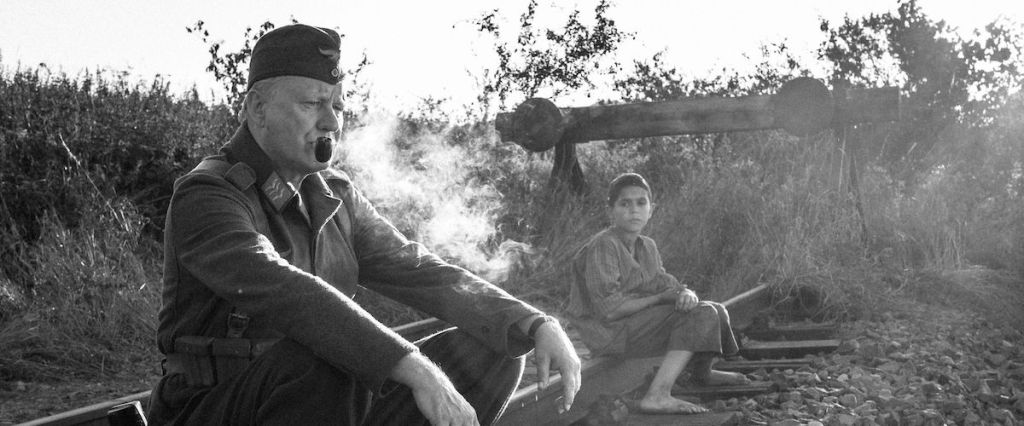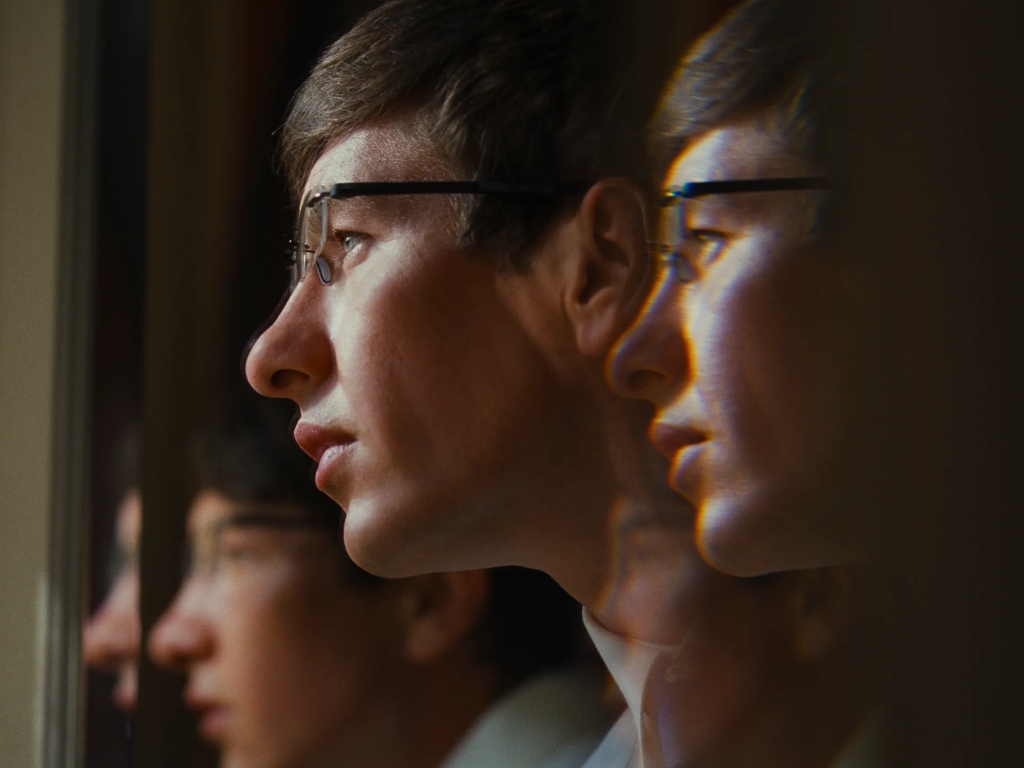
There are two or more good films struggling to get out of this one, which in itself is not bad but somehow does not quite manage to satisfy.
Set on a native reservation in South Dakota it tells two concurrent stories. One is that of Bill (Jojo Bapteise Whiting), a charming if disparate and rather irresponsible 23 year-old.
He has two children from different mothers, one of whom is in jail for some minor offence. He struggles to hold down a job or perform his fatherly duties andn dreams of making it rich – his latest scheme is to buy a poodle and breed her, selling the puppies.
In the middle of this he does get a job with local white turkey rancher Tim (Sprague Hollander) who employs him for odd jobs at the farm and to ferry his native Indian girlfriends around. It is not clear but Tim has some sort of sex ring going on and a disenchanted and racist wife Allison (Ashley Simpson) who has a patronizing attitude towards Bill.
The other story involves Matho (Ladainian Crazy Thunder), a 12 year-old with an addicted and drug dealing father, no visible mother and a bunch of same age friends who are all as silly as each other. Matho steals some of his father’s drugs and adulterates them and then sells them on the reservation so we are off to a great start. His father kicks him out of the house, Matho ends up in a safe house with Auntie (Iona Red Bear) who herself is dealing and has to move on from there when he gets into trouble at school.

The two stories hurtle towards each other like runaway trains and although the finale could have been worse it is not a happy ending for either.
Written by Franklin Sioux Bob and Bill Reddy, both natives of the Oglala reservation together with co-director Gina Gammell, War Pony is very much on the bleak side of the ledger. It’s pacy enough and Bill’s charm and ready lip lighten some scenes but on the whole I felt a pervading sorrow during the film. Given that the directors (Riley Keough is co-director) have chosen to tell stories that illustrate reality inside the reservation, I felt that a lot was missing.

Are there really no adults at all that can serve as role models? Those we see are either drugged or resigned? What role do the traditions still play? We see some rituals and a funeral but it is as if the tribal values have pretty much gone. Maybe they have but how and why is not addressed. There is a school, a police force, etc. What role do they play in trying to improve the lives of locals? And if they play no role, why not? Perhaps it is a similar situation to some aborigine communities in Australia but I felt we needed to be given more information. I’m not so worried that the film was directed by two white women as to the fact that there seems to be so much darkness in it.
Acting largely by non-professionals from the Lakota reservation is generally fine and we do get to feel we are actually there.
So, mixed feelings here. I think there are better films to make on the subject. At least War Pony is something to be going on with.
3 stars





































































